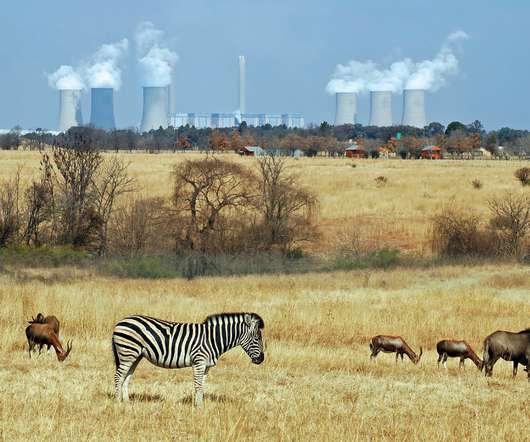ICYMI, Governments and Regulators are Making the Running
Chris Hall
MAY 27, 2022
Climate-focused investors welcomed the change from the coal-wielding Scott Morrison, calling for an “investment grade 2030 emissions target”, and accompanying policy changes, including a National Transition Authority. Even so, we were reminded how far the G20 nations are from meeting their COP26 commitment to keep 1.5°C















Let's personalize your content